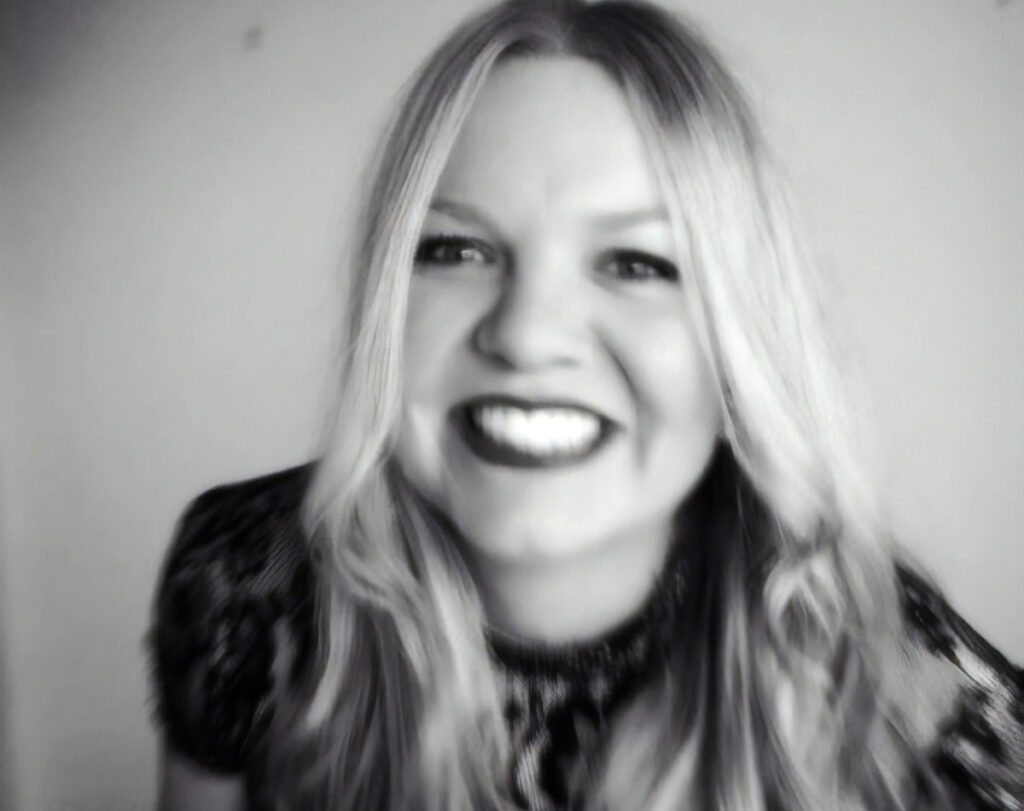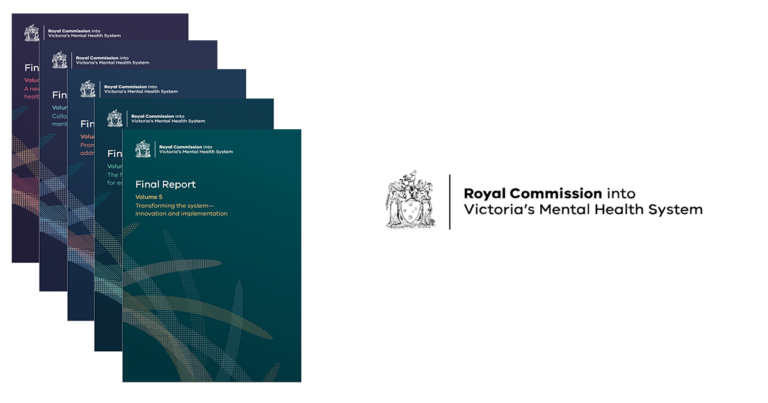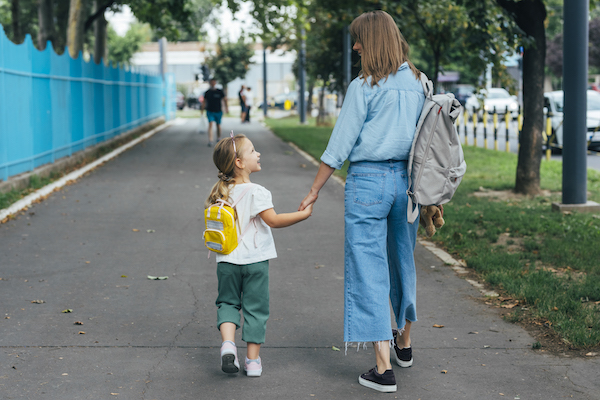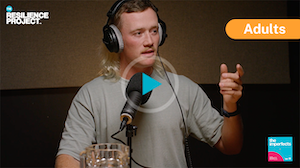We’re constantly inspired by the stories we hear from people who have been able to improve their wellbeing through gratitude, empathy and mindfulness (also known as GEM). As we know community and connection are so important to mental health, we wanted to share some of these “Everyday GEM” stories with you too.
This month, we were humbled to talk with Paige Hobbs. Paige is a PR and communications professional who 7 years ago, at 28 years of age, became the founding CEO of Alongside – an organisation dedicated to providing education and wellbeing services to frontline workers and their families.
This work, and the unexpected death of her brother, led to a personal and professional turnaround for Paige – and she’s now on a quest to show that embracing vulnerability is a superpower.
Paige, tell us about your experience setting up Alongside – A not-for-profit to help frontline workers and their families. What inspired this and what did you learn?
I put so much value on relationships and connection, and I’ve never wanted to play it small in life. So, when I started Alongside in my early 20’s, I really had to dig deep and own my values and learn. The frontline families we were helping relied on me to show up for them, and through this, I learnt the importance of showing up for myself. Someone recently told me I wear my heart on my sleeve, and truthfully, I’m proud to say that’s 100% right.
How were you introduced to GEM?
My brother Tate died unexpectedly in 2019 and I found myself at a turning point in life. I was questioning everything I knew, and in doing so had decided to step down as the CEO of Alongside after five years. I packed my car and hit the road, leaving Darwin and committing to a few months of solo travel. I had a list of books I’d always been too busy to read, and The Resilience Project was one of them. I remember driving somewhere in between the NT and the QLD border, listening to Hugh’s words and sobbing. I realised that GEM was so innately part of who I am, but I felt I’d lost that magic, always being so busy as a CEO and maybe hiding it because it always felt so raw and we’re taught not to be vulnerable.
How has GEM helped you?
I’ve always been deeply empathic (different to empathetic), and it’s been both a blessing and a curse! I think sometimes gentleness, sensitivity and empathy can be seen as weakness, but with growth I’ve realised it’s actually a strength. The more I practise the GEM model, the more I embrace this part of me and show up as my authentic self. GEM has taught me to be less reactive and more reflective. Mindfulness has helped me stop and ask myself What do I need? Where is this feeling coming from? Am I exhausted? Am I sitting in deep grief? Am I coming from a place of low self-worth? What do I need right now to move through the feelings?
It’s helped me understand I have the tools to sit in discomfort and learn about myself. Through grief, failure, heartbreak, vulnerability, instead of closing off and putting walls up I choose to show up. It comes back to that ‘wearing my heart on my sleeve’ sentiment, which means in showing up for life I am going to experience hurt, but it also opens me up to experiencing love, joy and connection.
Have there been any challenges to starting or keeping up your practice of GEM?
There’s definitely been moments where I’ve lost faith in GEM, and many times I’ve closed off or shut down mid conversation out of fear of being judged, especially when it comes to being deeply vulnerable. But at the end of the day, I’d rather show up in courage and risk failure or hurt, than go through life not being authentically me.
Have you been able to use GEM to help others?
GEM has helped me embrace myself, and when you accept who you really are and what you stand for, you accept others for who they are too. There’s nothing to fix or change. I now know how to hold space for other people, to sit with them in their discomfort and to love them.
Can you tell us about one of your standout GEM experiences?
My whole life I’ve always been deemed too sensitive, too romantic, too corny, just “too much” – and I actually believed it! So much so that I closed that side of me off for many years. When I was at Alongside, I remember working with one frontline couple and helping them reconnect after a PTSD diagnosis and many years of the job slowly separating them.
A year or so after this work, the police officer contacted me saying if it hadn’t been for me holding that space for them, he probably would have taken his own life, or they’d be divorced, or still in the same unhappy home life. Instead, they were stronger than ever and thriving, and I’d helped show them how to reconnect again.
I realised that the parts of me I’d spent so long trying to hide were actually the things that made me ‘me’, and they are a gift I can give to others simply by being myself.
I now view vulnerability as a strength not a weakness and the ability to communicate what you are feeling, especially in an intense environment, is a superpower.
Please tell us your advice for others. What do you think other people could do right now to support their wellbeing?
There’s a quote from Benjamin Mee that I live by, “all you need is 20 seconds of insane courage, just literally 20 seconds of embarrassing bravery, and I promise you something great will come of it.”
When you look at life, it really is just a collection of moments and how we show up in each of those is a choice. Take the time to learn who you are, have the courage to stand alone in that at times, and the trust that in doing so you’ll attract the right people.
It’s hard to sit in the discomfort of feelings sometimes, especially ones like grief or rejection or hurt, but I truly believe that’s where the most profound growth occurs. When you’re breaking, you’re breaking open and that’s how the light gets in if you let it. There’s an old saying, grief is love with nowhere to go – I challenge that. I believe grief is love, with everywhere to go, it teaches us to love deeper and live braver.
We hope you’ve enjoyed reading Paige’s story (thanks so much for so generously sharing it with us Paige!). If you have also had a positive GEM experience – or know another “Everyday GEM” – we would love to hear from you. Please contact us at [email protected] or through a Facebook message.






